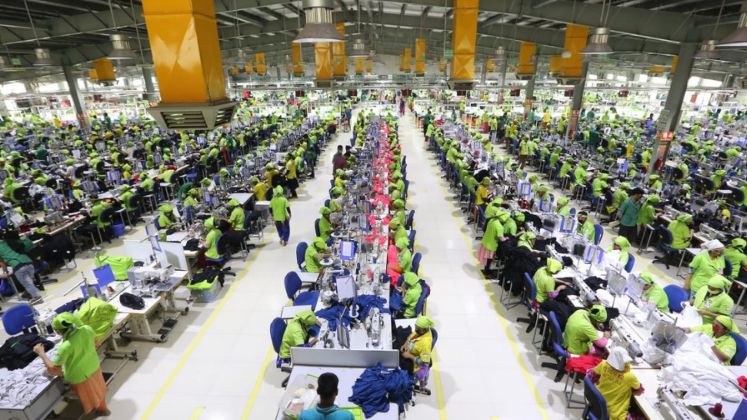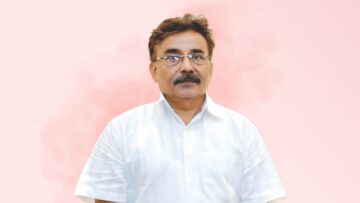
Bangladesh’s investment growth is faltering as political uncertainty and an ongoing energy crisis continue to weigh heavily on business confidence, economists and industry leaders warned on Thursday.
Speaking at the Policy Research Institute’s (PRI) Monthly Macroeconomic Insights programme in Dhaka, experts said that private and public investments remain stagnant, with worrying signs of decline in recent years. PRI highlighted a 20–25 percent drop in capital machinery imports and a slowdown in construction activity during the last fiscal year as clear evidence of waning investment momentum.
Ashikur Rahman, principal economist at PRI, noted that Bangladesh’s investment environment has become one of the most significant barriers to sustained economic expansion. “Energy shortages, weak logistics, and political instability must be addressed urgently if the country wants to unlock new opportunities,” he said, cautioning against attributing the slowdown solely to tight monetary policy. He stressed that unless real-sector reforms accompany financial measures, the economy would struggle to maintain growth.
Echoing similar concerns, Anwar-ul Alam Chowdhury Parvez, president of the Bangladesh Chamber of Industries, said investors remain reluctant due to a lack of a supportive business environment and unreliable energy supply. “The government is not engaging with the business community on economic matters. Without consultation, how will investors gain confidence?” he asked. He expressed hope that investment could rebound once the election season ends and a political government is in place.
According to PRI’s projections based on International Monetary Fund (IMF) data, public investment is expected to decline to 6.4 percent of GDP in FY2024-25 before recovering to around 7 percent in the current fiscal year. Private investment, however, may fall further—from 23.2 percent last fiscal year to 22.5 percent in FY2025-26.
Business leaders at the event also raised concerns over Bangladesh’s upcoming graduation from least developed country (LDC) status in 2026, urging a delay. Parvez pointed out that the economy’s overdependence on the garment sector, lack of tax reforms, and inadequate export diversification leave the country unprepared. “If tariff protections are withdrawn after LDC graduation, many industries will struggle to survive,” he warned, adding that the government has yet to expand the tax net despite looming revenue losses.
Former National Board of Revenue (NBR) chairman Nasiruddin Ahmed emphasised the need to cut the high cost of doing business through regulatory reforms in taxation and customs. “The tendency to impose high taxes to meet revenue targets is making businesses uncompetitive and pushing prices higher,” he said.
Other experts stressed the urgency of addressing unemployment, poverty, and rising external debt. Metropolitan Chamber of Commerce and Industry vice-president Habibullah N Karim urged greater incentives for labour-intensive sectors like agro-processing and IT. He noted that external borrowing has nearly doubled in the last five years due to cost overruns and weak project planning.
While some business leaders argued for postponing LDC graduation, Karim said the shift was inevitable, “It will bring challenges, but it is not the end of the road. The real issue is that the government is not preparing adequately for the consequences.”
Bangladesh Bank’s chief economist Md Akhtar Hossain, however, offered a slightly positive outlook, saying that both current and financial account balances are improving, which will help rebuild foreign reserves. He added that the exchange rate, previously overvalued, is now more aligned with market realities. “To attract foreign direct investment, we must identify and provide the right policy support,” he said.
M Abu Eusuf, executive director of Research and Policy Integration for Development, criticised the lack of reform action. “Everyone recognises what needs to be done, yet implementation is missing. Simply fixing VAT compliance could potentially triple revenue,” he said, citing multilateral findings.






